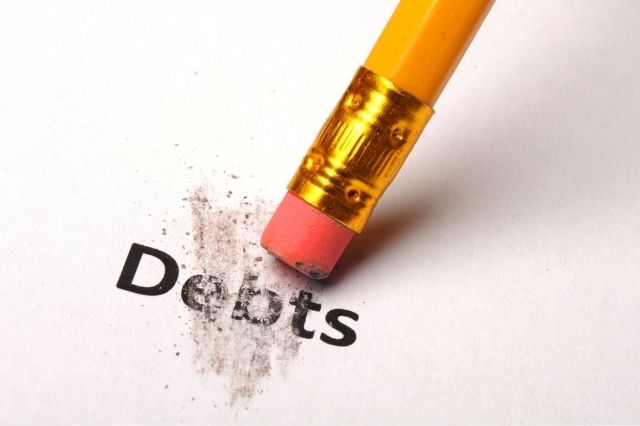Tips to Get Ahead in Your Debt

When you are in debt, you may feel like you can never get ahead financially, and if you are only able to pay the minimum each month, that may very well be the case sometimes. However, even if you are in debt, there are ways of cutting expenses and saving money.
Consider Refinancing
High-interest debt is especially important to consider consolidating since you can often get a lower-interest loan. If you have property, you might get a home equity line of credit to help pay off high-interest debt. Even if you don’t have property, you can get a personal loan, which often has better rates than high-interest debt. If you have student loans, consider refinancing them to lower your monthly expenses and calculate the payoff date using a student loan debt payoff calculator. It works a little differently than consolidation, but it can still result in lower payments each month. That way, you can start making more progress toward the principal instead of the interest.
Look for Areas to Save
Creating a budget will help you understand where your money is going each month so you can save your money. While you should put some money toward the essentials, allow a bit of breathing room for fun money. If you do not, you may find yourself losing motivation to stick to the plan, and you may end up impulse buying and sliding further into debt. One way you can cut down on spending is to reevaluate subscription services.
Consider whether you use every streaming service you have access to. Think about whether you are using your gym membership or if you are working out at home more often. Subscriptions become part of your normal bills, and you might not even think about them, but carving out even an extra $100 a month works out to $1,200 extra a year. Rework the way in which you grocery shop. Creating a list and clipping coupons are two ways to save time and money at the grocery store and they are simple to adopt.
Create a Plan
Consider getting credit counseling so you can come up with a plan to pay off the debt. It is offered through non-profit organizations, funded by creditors. You can make a payment to the credit counseling agency each month, and they can distribute the payments to your creditors. If you feel you can do it yourself, list out each debt so you understand how much you have to pay back. Otherwise, you will not be able to create the best plan. Keep a spreadsheet of all your debts, remaining balance, interest, and monthly payments. You can update this each month so you can keep track of what you have left.
Once you have kept track of everything, you might be able to get a lower rate from creditors. If you are proactive, you might be able to negotiate a lower rate or settlement. Part of your plan should include setting up an emergency fund of a couple of months of living expenses. That way, you won’t have to go further into debt in case you face a financial emergency, such as a medical bill or your car breaking down unexpectedly. Even if you have to make the minimum payments on your debt while building up your fund, this should be your priority.





